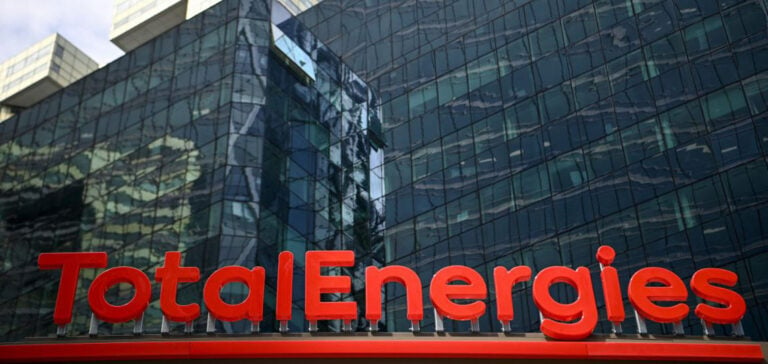TotalEnergies’ 3rd Quarter results remain favorable. Indeed, TotalEnergies once again posted a comfortable profit of $6.7 billion in Q3, against an overall backdrop of energy prices that are still buoyant but far from their exceptional 2022 peaks. This solid performance reflects TotalEnergies’ ability to adapt to a constantly changing environment. The French major’s CEO, Patrick Pouyanné, stressed the importance of a balanced transition between oil and gas on the one hand, and electricity and renewable energies on the other.
Slight increase in results
The group posted a profit of 6.7 billion euros, up slightly by 1.5% on Q3 2022, taking “full advantage of energy prices”, even though these were down on last year. RBC analyst Biraj Borkhataria described the results as “solid and uneventful”. It’s worth noting that oil prices had peaked in March 2022, topping $130 a barrel, due to the start of the war in Ukraine. At the time, TotalEnergies took advantage of the surge in prices to end the year with record profits of $20 billion.
Pressure on energy prices
Since the end of October 2022, energy prices have come under downward pressure, with Brent North Sea crude losing 6.37% and its US equivalent 3.61%. Against this backdrop of falling prices, TotalEnergies’ 9-month net profit fell by 5% year-on-year to $16.3 billion. Excluding exceptional items, adjusted earnings, the benchmark indicator for investors, also fell sharply, dropping 34% to $6.5 billion compared with Q3 2022.
Geopolitical factors and outlook
Despite this pressure on prices, TotalEnergies notes that energy prices remain “high” due to the tense geopolitical context. Oil prices have recently hovered around $85-90, raising concerns that the conflict between Israel and Hamas could spread to other countries in the region.
In its “cash engine”, fossil fuels, the Group benefited from the start-up of several oil projects in Brazil, Nigeria and Iraq (Ratawi), as well as gas projects in Oman and Azerbaijan. TotalEnergies is also counting on recent exploration projects in Namibia and Suriname to contribute to its future growth. The Group’s oil and gas activities posted year-on-year production growth of 5%, with output approaching 2.5 million barrels of oil equivalent per day.
Transition to Renewable Energies
TotalEnergies drew criticism in September when it announced its intention to increase hydrocarbon production by 2 to 3% a year over the next 5 years. This has attracted the attention of climate and human rights activists, who have taken legal action against TotalEnergies’ oil and gas projects, including the controversial Tilenga/Eacop project in Uganda and Tanzania. In addition to this project, the NGO Greenpeace has accused TotalEnergies of participating in 33 fossil fuel projects that are “super-emitters” of greenhouse gases, highlighting the importance of the debate on fossil fuels at the 28th climate conference, COP28 in Dubai.
TotalEnergies insists on the need for new fossil fuel investments, claiming that demand continues to rise due to population growth. However, the Group continues to grow in renewable energies, with the aim of becoming one of the world’s largest low-carbon electricity suppliers by 2030. By 2023, 33% of its investments will be in low-carbon energies such as solar and wind power, outstripping new hydrocarbon projects (30%). TotalEnergies’ strategy is based on the conviction that the transition to renewable energies is the right one.
Back to Shareholders
As a token of its confidence in this strategy, TotalEnergies has announced the distribution of a third interim dividend of 0.74 euro/share to shareholders in respect of the 2023 financial year, representing an increase of over 7% compared with 2022, according to its press release.






















